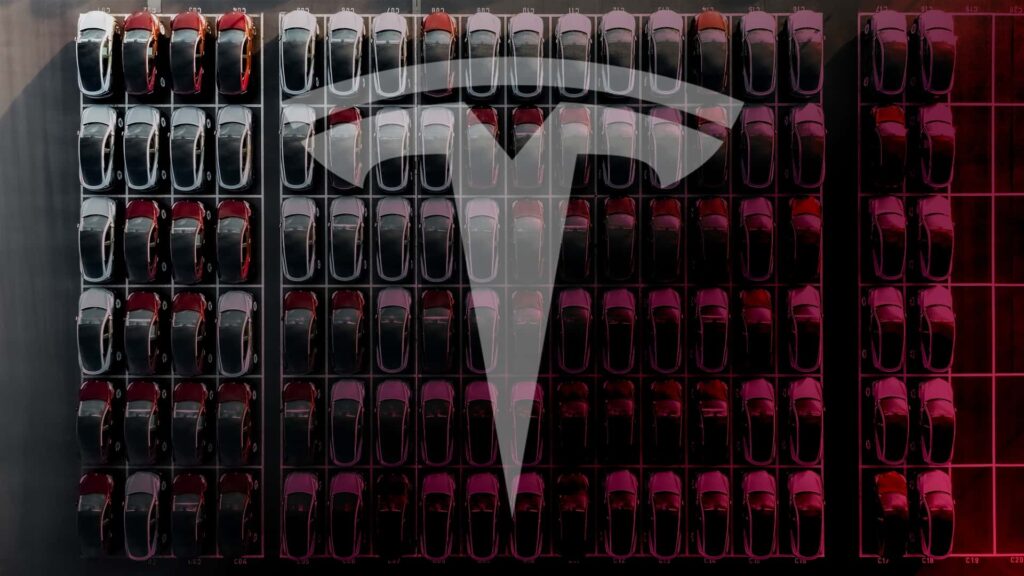Tesla has been a major player in the automotive industry for years, with its CEO Elon Musk at the helm. Over the past decade, Tesla has made over $11 billion by selling regulatory credits to other automakers. These credits have been essential for Tesla’s revenue stream, making up a significant portion of its income.
However, Musk himself has been a vocal advocate for the end of all subsidies in the automotive sector. He called on the federal government to eliminate all subsidies, including the EV tax credit and other incentives. Ultimately, the government did end all subsidies, including the fines that incentivized automakers to purchase credits from Tesla.
The passage of the Big Beautiful Bill marked the end of EV subsidies and the fines associated with CAFE requirements. This move will eliminate a major revenue stream for Tesla, as automakers will no longer need to purchase credits to avoid fines.
Tesla’s electric empire was partially built on the sale of regulatory credits to other automakers. Automakers who did not meet CAFE requirements could purchase these credits from Tesla to avoid fines. As Tesla grew and produced more vehicles, it amassed a large number of credits that it could sell to other brands.
The loss of regulatory credit revenue will have a direct impact on Tesla’s profitability. Analysts predict that demand for these credits will fall by around 75% in 2026 before disappearing entirely in 2027. This loss of revenue will be a significant hit to Tesla’s bottom line.
Musk’s push for the end of subsidies and wasteful spending has come full circle, as Tesla now faces a decline in sales and revenue due to the elimination of these credits. The brand’s image has suffered globally, and sales have slipped as a result of Musk’s political activism.
In conclusion, Tesla’s reliance on regulatory credit sales has been a key part of its revenue stream for years. With the end of subsidies and fines for CAFE requirements, Tesla will need to find new sources of income to sustain its business model. The impact of this change remains to be seen, but it will undoubtedly have a significant effect on Tesla’s financial outlook in the coming years. The end of the $7,500 EV tax credit in the U.S. is expected to have a significant impact on Tesla, with EV sales predicted to “collapse” in the country. This comes at a time when Tesla’s lineup is starting to show its age compared to other growing options in the global market.
To add to the challenges, Tesla has recently announced a new $29 billion pay package for its CEO, aimed at incentivizing him to continue leading the company through these tough times. Tesla’s profitability has historically relied on regulatory credits, but with the tax credit disappearing, the company will need to rely more on actual sales performance for income.
While Tesla’s CEO may have wanted the EV subsidy to be removed, the consequences may not be as beneficial in the short-term as he predicted. With Tesla facing potential sales challenges and increased competition, the company may need to consider cost-cutting measures or a strong sales push in the near future.
Despite these challenges, it’s important to note that the removal of the EV tax credit will not only impact Tesla but other automakers as well. As the industry adjusts to these changes, it will be interesting to see how Tesla navigates this new landscape and continues to innovate in the electric vehicle market.

